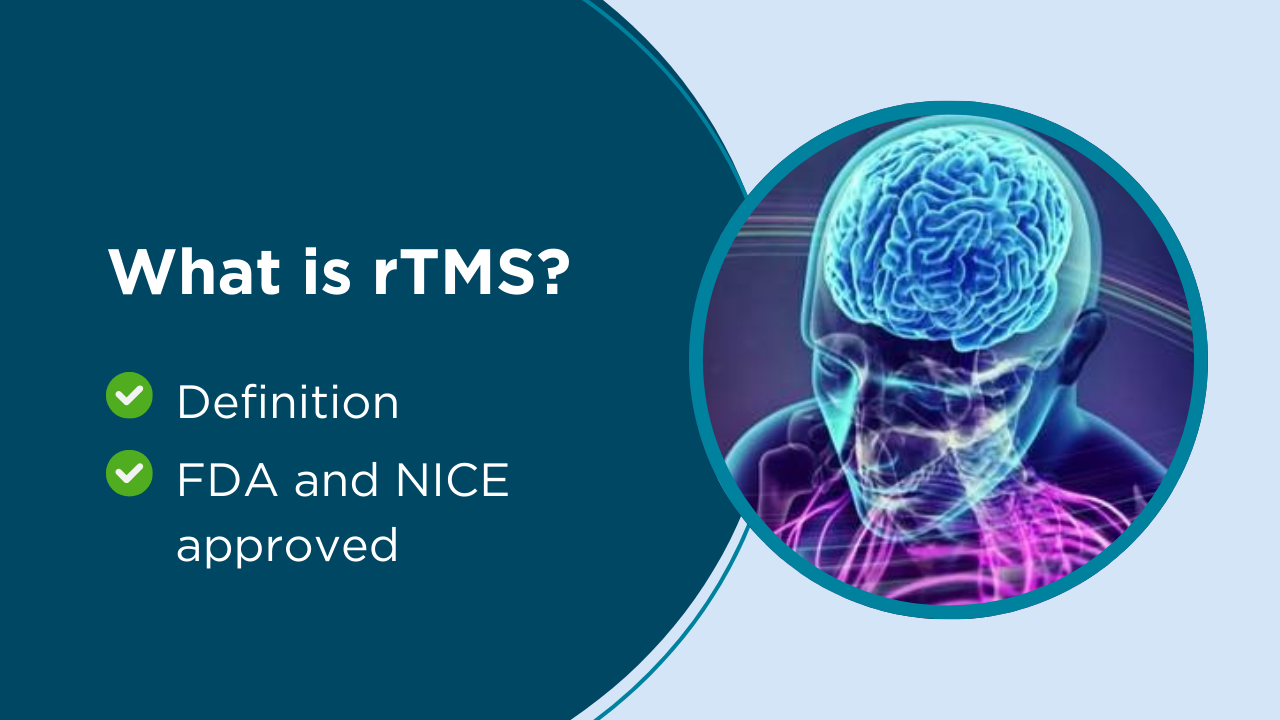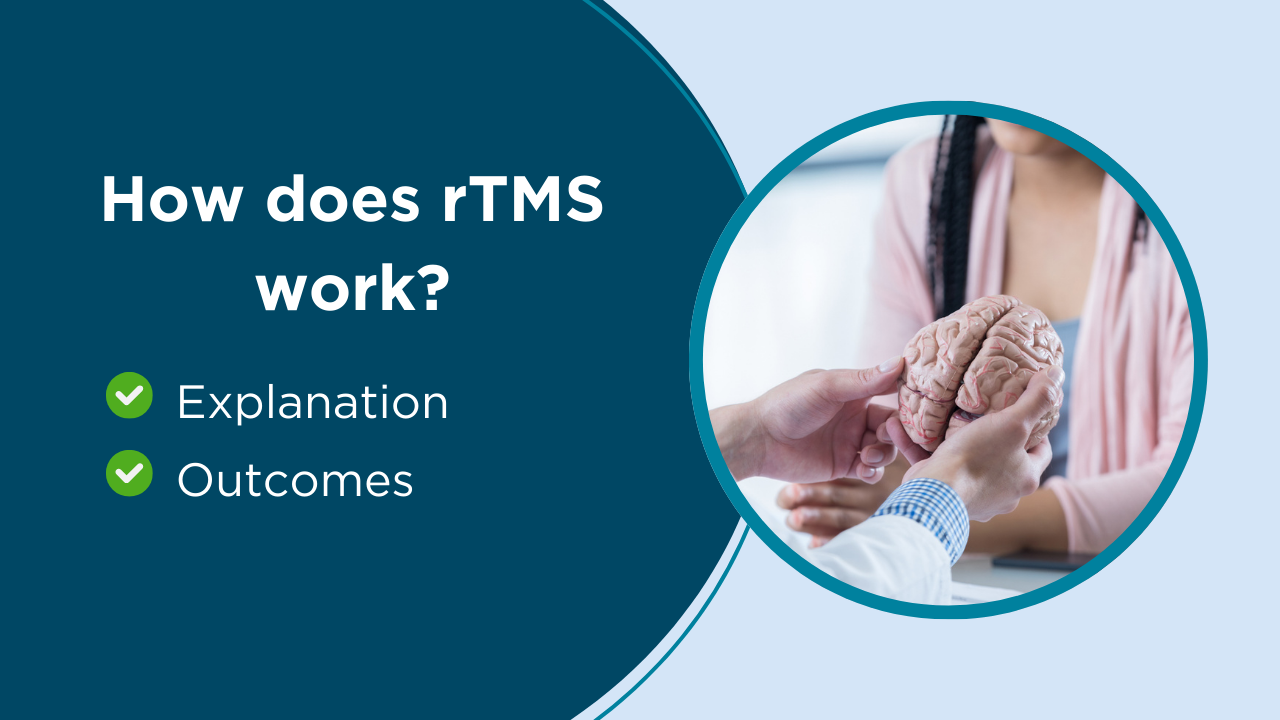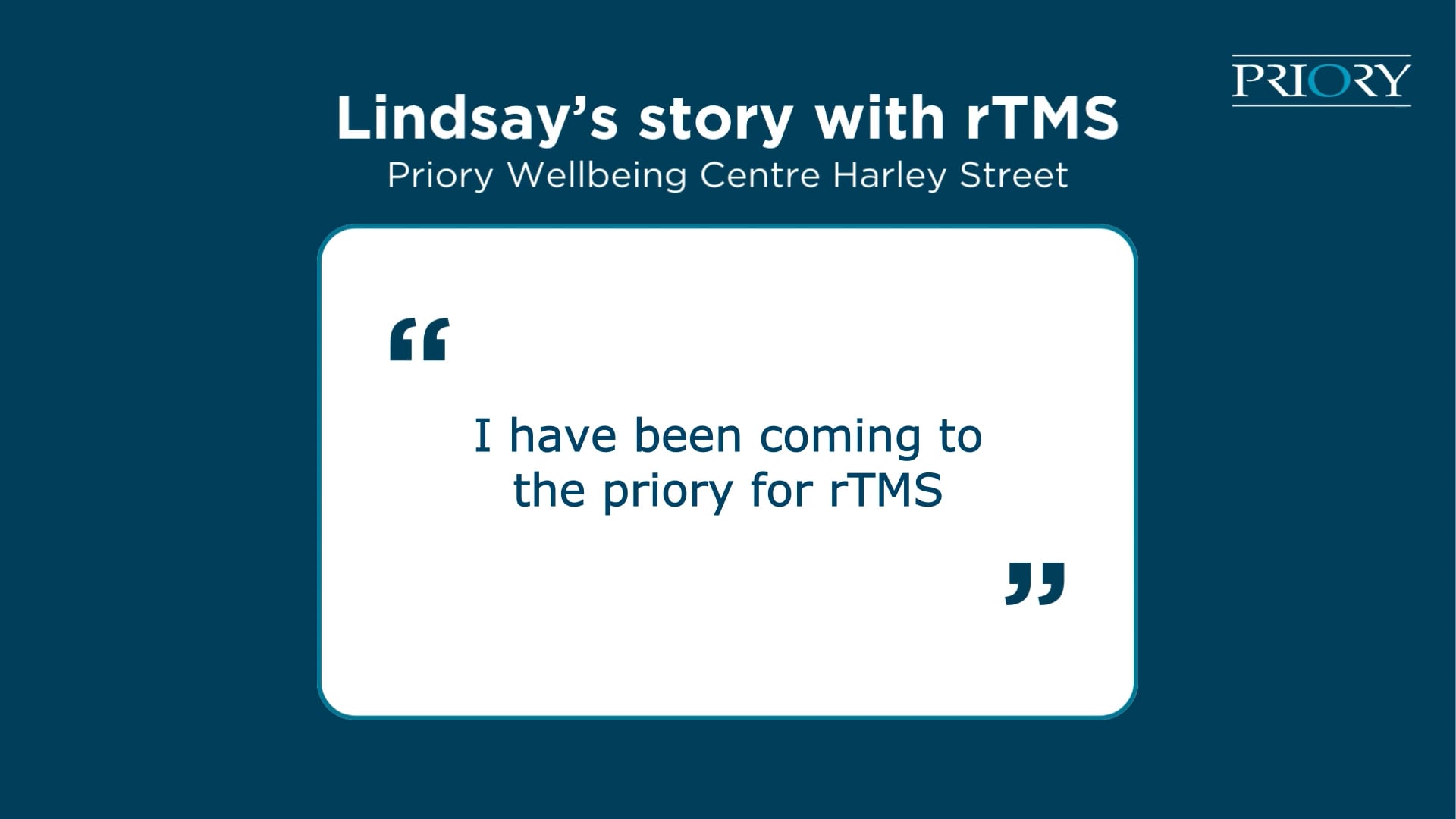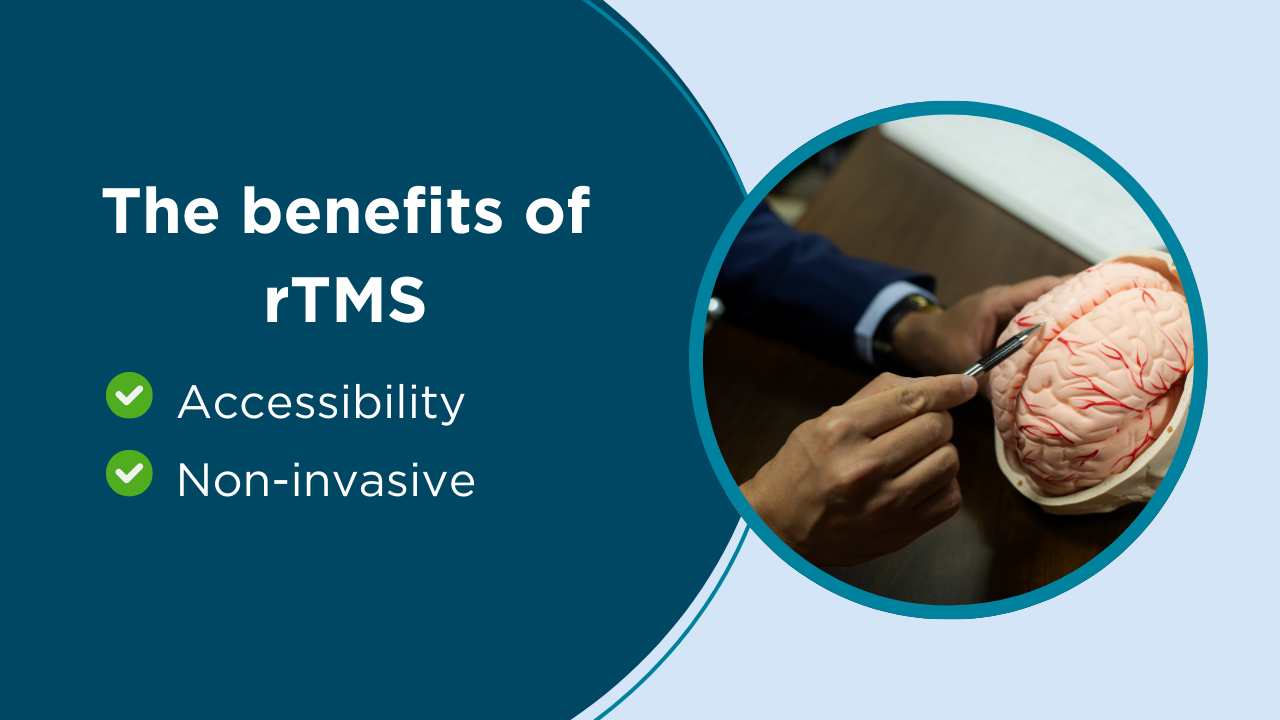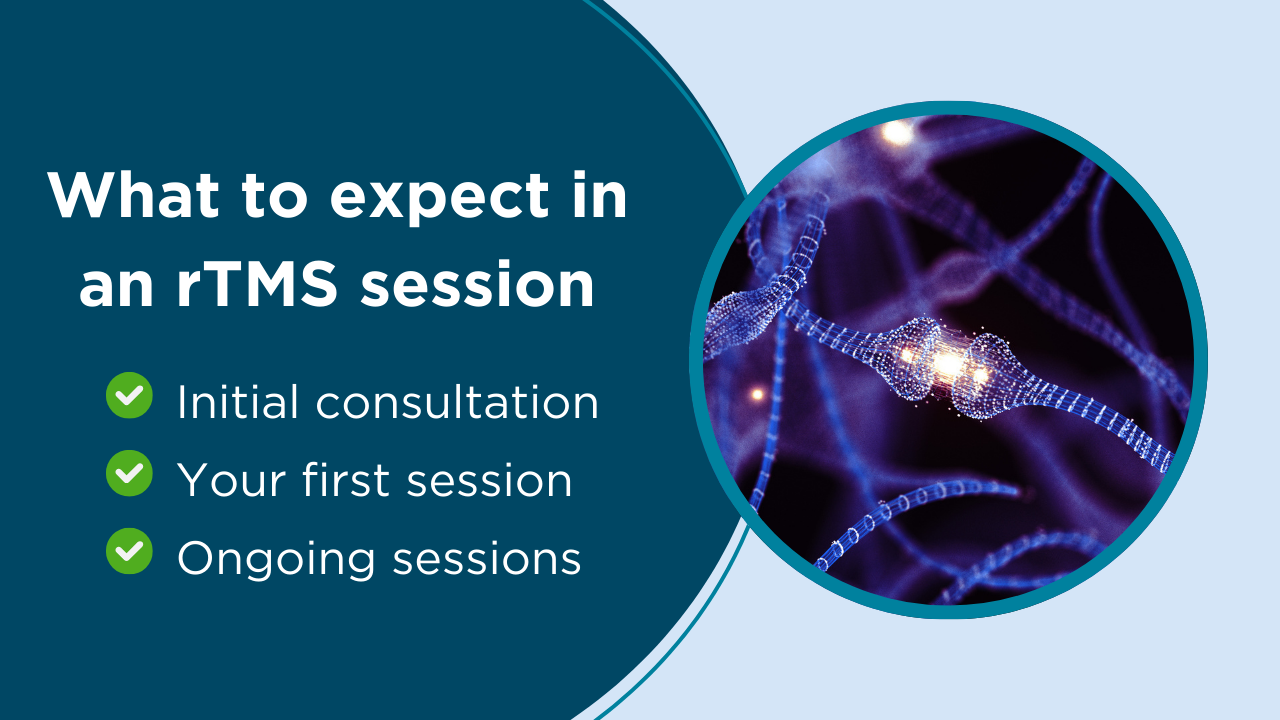A new brain stimulation treatment that can be delivered over a lunch break could transform the lives of people suffering from depression.
Repetitive transcranial magnetic stimulation (rTMS) is a non-invasive treatment which involves placing electromagnetic coils on a patient’s scalp to stimulate areas of the brain which control mood.
The treatment is proven to be effective for people whose depression has been resistant to other forms of treatment. It has been approved for use in the UK since 2015 but is not yet widely available.
A single course of rTMS usually requires daily sessions for up to six weeks, with each one lasting between 15 and 45 minutes.
Priory Wellbeing Centre Harley Street in London is currently one of the few clinics in the country to offer the treatment – and specialists at the centre are advocating a wider roll-out across the NHS and independent services nationally.
Depression is one of the most common mental health disorders, affecting around one in six adults in the UK. Medication is not always effective in treating depression and many depressed patients are not able to tolerate the adverse effects of medication.
Adam O’hagan, specialist rTMS practitioner and coordinator at Priory, said: “The evidence is clear and compelling. This new approach could revolutionise the treatment landscape for people with depression.
“During an rTMS session, electromagnetic coils are placed on your scalp in order to deliver magnetic pulses to your brain. The treatment specifically targets areas of the brain that are involved in mood control, which means it can help to alleviate the symptoms of your mental health conditions and improve wellbeing.
“It can sound alarming to have electromagnetic coils placed on your scalp, but the side effects are minimal compared to other treatments such as medication, so it is a much safer and less invasive solution.
“Patients are able to pop in to receive treatment during a lunch hour, without anaesthetic, drive away afterwards and resume their daily activities immediately.
“It is safe during pregnancy or for mothers who may be breastfeeding, so is a good option for someone who doesn’t want to take antidepressant medication while they’re pregnant. The positive effects can last for up to 12 months. For many of the patients I’ve seen, the treatment has been life-changing.”
Dr Leon Rozewicz, consultant psychiatrist and medical director at Priory Wellbeing Centre Harley Street, said: “rTMS is a novel and very promising treatment for depression and is safe and effective. It's particularly useful where other treatment approaches haven't worked and has fewer adverse effects than other pharmacological or physical treatments. It increases blood flow in the neural pathways involved in depression and promotes nerve growth.
“rTMS has the potential to help many people who suffer from depression but it is underused in the UK. Making it more widely available will ensure that more people can benefit.”
Mr O’hagan added: “We are witnessing a growing mental health crisis. Depression is treatable, but for some people, medication and psychotherapy do not provide relief. In such cases, rTMS is a really incredible new tool as we look to support people struggling with their mental health. It is also used to treat conditions like OCD, migraines, and even to help individuals quit smoking.”
Watch a video to learn more:
ENDS
Contact: [email protected]
About Priory and MEDIAN Group
Priory is the UK’s largest independent provider of mental health and adult social care services. Priory treats more than 70 conditions, including depression, anxiety, addictions and eating disorders, as well as children’s mental health, across its nationwide network of sites. Priory also supports autistic adults and adults with a learning disability, Prader-Willi Syndrome and brain injuries, as well as older people, within specialist residential care and supported living facilities – helping as many people as possible to live their lives.
Priory is part of the MEDIAN Group, the leading European provider of high-quality mental health and rehabilitation services. The MEDIAN Group comprises: Priory in the UK with 280 facilities and 5,000 beds caring for 28,000 people, MEDIAN in Germany with 120 facilities and 18,000 beds caring for 256,000 patients, and Hestia in Spain with 14 facilities and 2,000 beds caring for 10,000 people in Spain, with more than 30,000 employees across the group.


